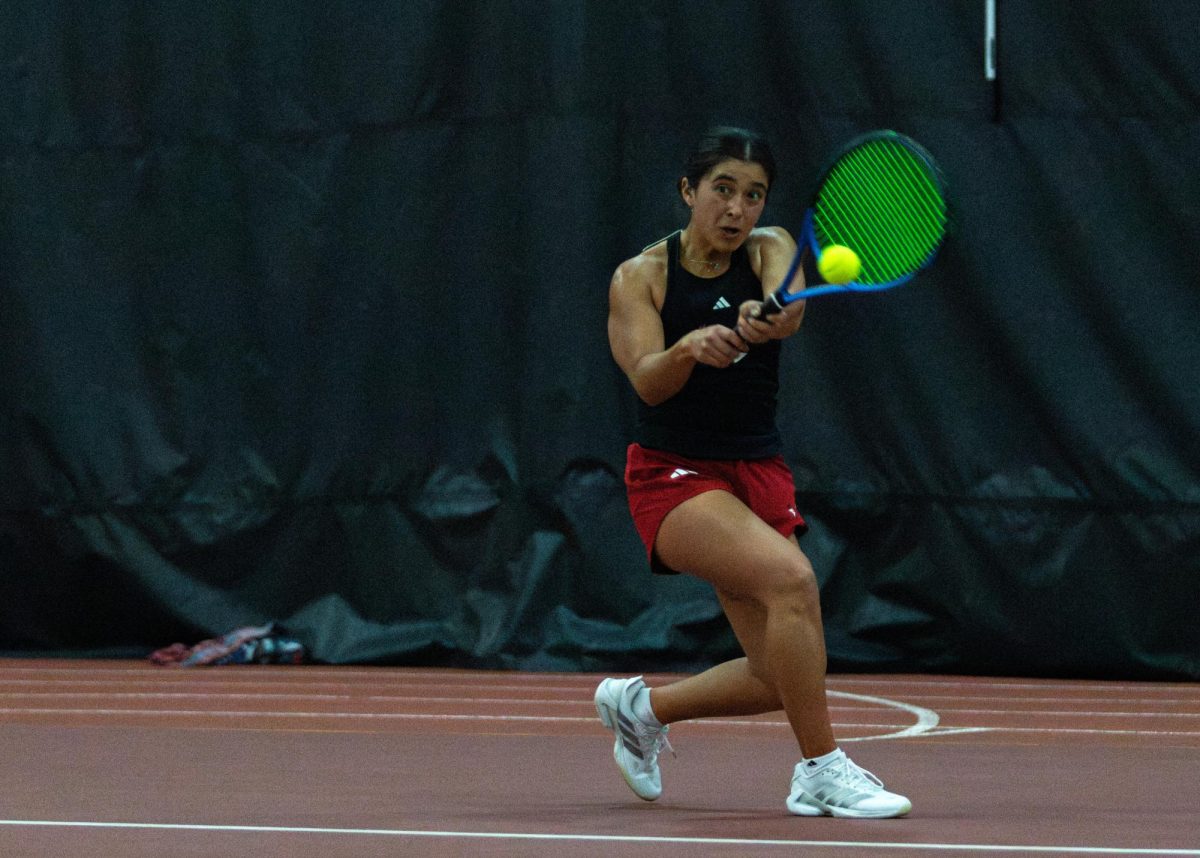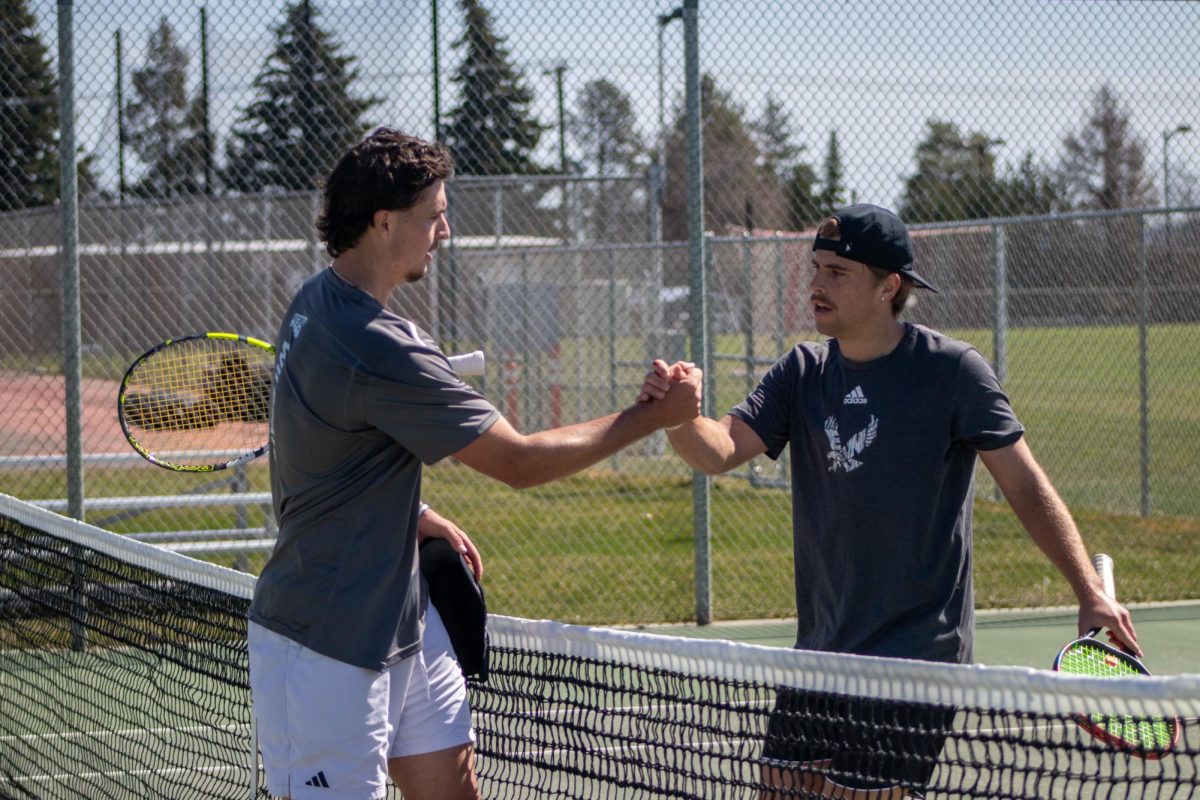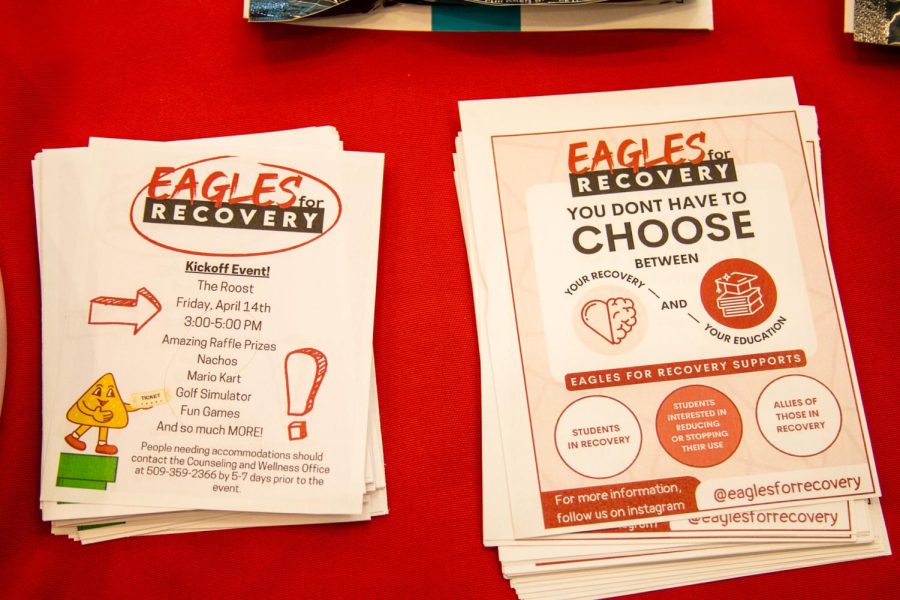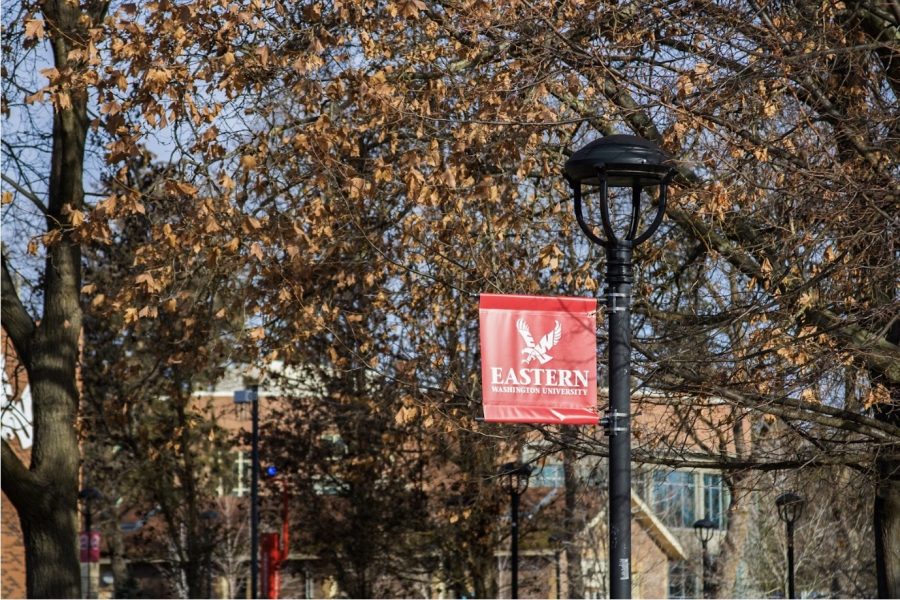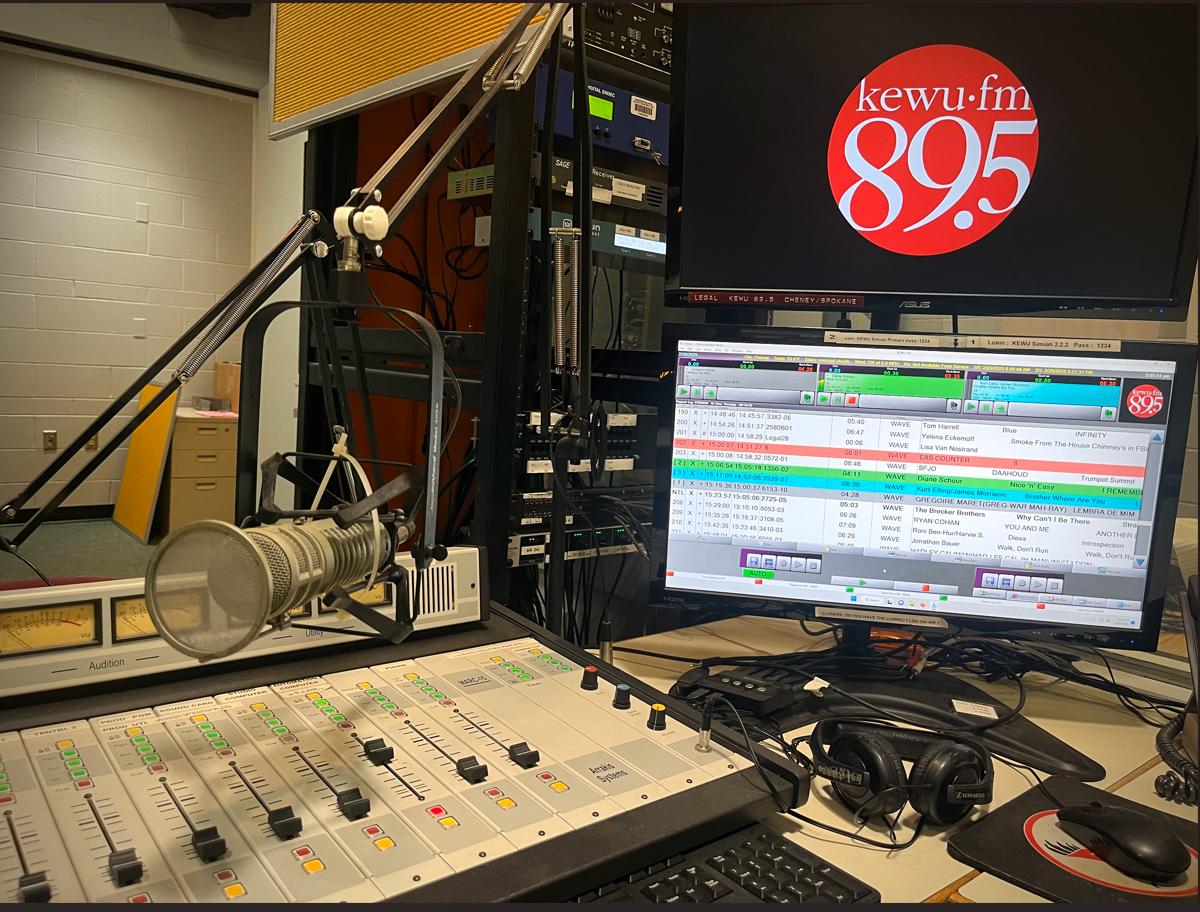Under pressure from the federal government, a number of Eastern Washington University programs are looking to limit the types of courses students can register for.
Universities have long been subject to regulations for online courses, however during the COVID-19 pandemic the government stopped enforcing many of these laws. Professors were not required to undergo training on how to teach an online course, and classes often suffered a quality drop because of it.
Jacqueline Coomes, vice president of Academic Affairs, said that students and faculty got used to the flexibility of working online, despite the informality of it.
“Right after COVID we had a problem with, a course would be scheduled in person. And first day of class the instructor would go, ‘how many of you would rather have this online?’ and a bunch of hands would go up. [And the instructor would say,] ‘OK, let’s make it online,’ and they’d quit meeting.” Coomes said. “This is a really bad idea because then they weren’t approved through the process and there’s no quality control.”
In May of 2023, universities were given six months to comply with the current federal regulations for offering online classes, which includes hybrid classes as well. In response to one law, which states that an in-person course cannot have over 50% of required courses available online, programs have been looking to focus their resources into either fully online or in person teaching — the first changes of which will be seen this fall.
Most likely to be impacted by the move towards either fully online or fully in person instruction are undergraduate degrees which currently offer both an online and in person program, including addiction studies, children’s studies, communication studies and interdisciplinary studies.
According to Peter Shields, chair of the Communication Studies department, many students in the in-person bachelor’s program elect to take courses from the online program due to the flexibility.
“Because there is this push to get back into the classroom… we were proposing to maybe start, not just wipe out [online] sections, but start to maybe make the caps smaller so less students can take [them] and provide an incentive for more students to come back into the class,” Shields said.
In addition to the legalities of the situation, for communication studies in particular there are not enough students to fill both in-person and online classes, which costs the department more money. They are not the only ones facing this issue.
“We can’t afford to run two completely different programs like this,” Coomes said. “There’s just not enough student demand. So we have to make up our mind and decide — how are we going to offer this so that we’re within the regulations?”
Some EWU students expressed in interviews with The Easterner that there was a notable quality difference between online and in-person courses.
“[Online classes] are not that enjoyable. It takes out the personality of a class. You can’t really get in-depth with the subject, It’s more so just reading,” said junior philosophy and political science major Shane Pella.
Holly Norman, a senior exercise science major, said that the effectiveness of an online course depends a lot more on the subject, citing her previous class experiences in psychology and chemistry.
“I think psychology is more just, ‘here’s the information that you need to know,’ versus chemistry. It’s, ‘do you know how to solve these problems?’ and so with chemistry I needed that more of a visual instead of just listening to the teacher try to talk about it,” Norman said.
Being clear about the types of classes students can take is also very important in terms of being truthful in advertising to prospective students, and can mean the difference between international students being deported back to their home countries in some cases.
If a student comes into the country to study, “you can’t take all online classes. That’s against federal regulations — you know, Homeland Security gets really concerned about students who do that,” Coomes said. “So if those two communication studies classes that you signed up for, the in-person classes didn’t fill and they move everyone to an online class… all of the sudden you’re in big trouble.”
All nine EWU students interviewed by The Easterner said that they would prefer to be in a fully in-person program if given the choice. Coomes and Shields, however, both said that changes in either direction will be incremental and experimental so as to ensure students are getting the best possible experience.
“The federal government is not going to kill us here, right? They do give you time and warnings. And the goal is, we can sort this out the way that makes sense,” Coomes said. “If they’re in the online program, [we’ll] teach it out and let them finish online. But if they’re a Cheney student and they just want to take online classes, that’s where we may not be able to satisfy them.”






